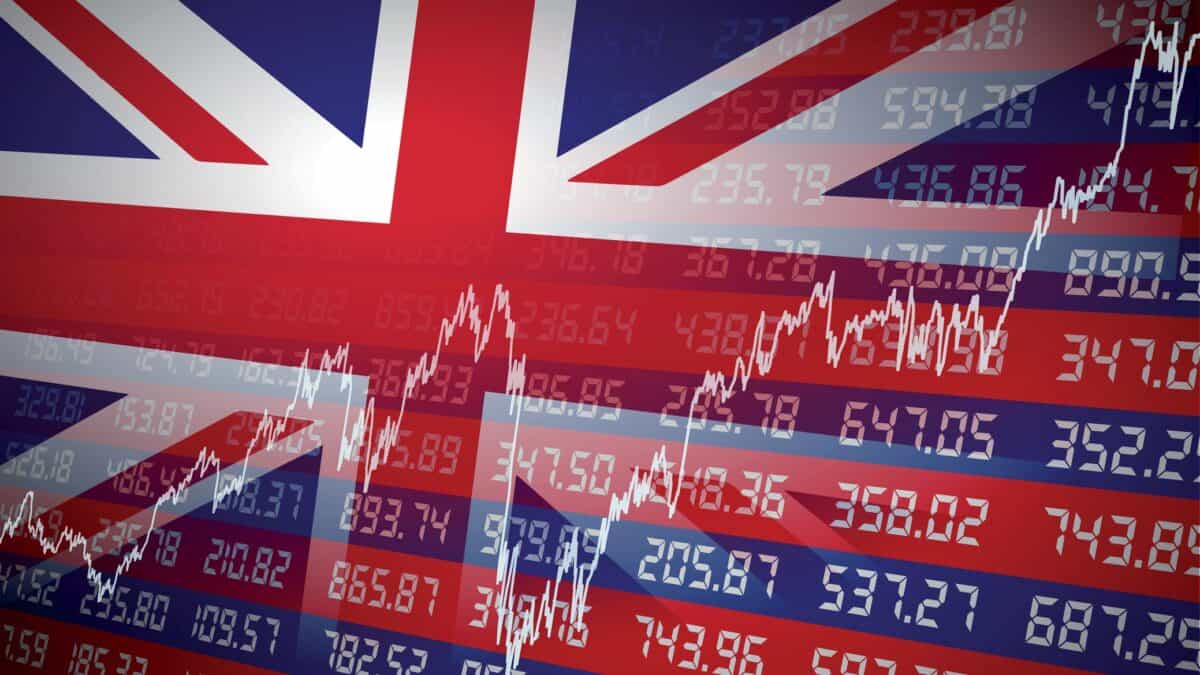
Image source: Getty Images
There are plenty of top-notch UK shares to pick from. But when the stock market inevitably throws another tantrum, knowing which companies are the best buys during a downturn can help both protect a portfolio, but also potentially unlock lucrative gains. There’s one stock (which I’ll look at in more detail later) that many might see as a meltdown bargain, but I’m not so sure.
Exploring defensive possibilities
Generally speaking, there are five sectors that have historically outperformed in times of crisis. The list includes healthcare, consumer staples, utilities, telecommunications, and insurance. And just looking at the FTSE 100, there are around 26 UK shares that operate within these industries.
That certainly gives investors choice. But how do these businesses typically outperform when most other companies struggle in adverse economic conditions?
There are a few factors at work here. But the most prominent is the fact that regardless of what the economy’s doing, their products and services remain essential. After all, people need access to electricity, water, food, medicine, the internet, and financial protection at all times. That translates into steady and predictable cash flows, translating into lower share price volatility and possibly even gains.
Examples of success
Let’s look at some examples of defensive stocks working their magic. In 2022, higher inflation and interest rates wreaked havoc with the UK economy. And subsequently, medium- and small-cap stocks in the FTSE 250 tumbled by almost 20% during the year.
Yet, at the same time, pharma giant AstraZeneca was up by 30%.
Aviva held firm with a 10% gain.
And Centrica enjoyed a 35% rally.
Not a foolproof plan
These aren’t the only defensive UK shares to reap double-digit gains in the last market wobble. However, not all defensive enterprises proved to be as resilient as expected.
BT Group (LSE:BT.A), for example, actually tumbled by 33% — worse than the wider stock market. This wasn’t due to a sudden loss of demand from customers. In fact, demand for access to its 5G telecommunication network and fibre optic internet was skyrocketing. The problem was debt.
Owning, maintaining, and operating telecommunications infrastructure is an expensive endeavour that’s resulted in a substantial pile of loan obligations that still persist today.
To management’s credit, the group’s leverage has started falling to more manageable levels. And it’s a similar story with the company’s pension deficit, which has also begun shrinking, allowing the share price to climb again. Nevertheless, BT serves as a prime example that even defensive UK shares still have their weak spots. And sometimes, that can prevent them from outperforming during a time of crisis.
Similarly, a handful of other defensive businesses also struggled during this period. Therefore, investors can’t blindly cycle their money into these types of stocks when the going gets tough. Instead, as always, careful research and due diligence are required to make informed investment decisions, paving the way to superior wealth in the long run.
In the case of BT, I think more improvement progress is needed before I’ll be tempted to snap up some shares. But if management’s turnaround strategy continues to bear fruit, a closer look could be wise in the future.









